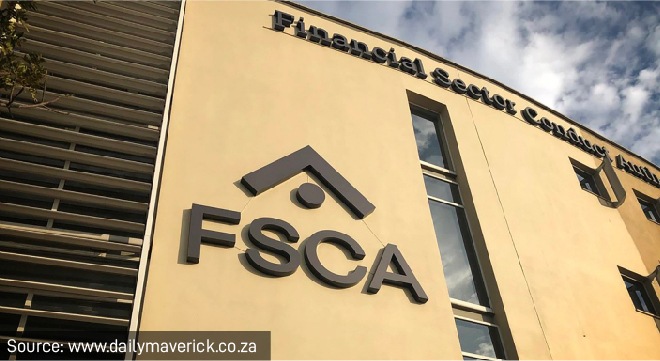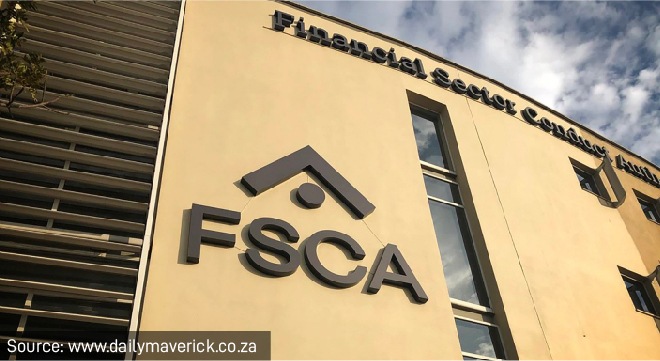
Ruling leaves key exchange control questions unresolved in crypto arbitrage dispute
The case focuses attention on how the exchange control framework applies to crypto platforms that facilitate offshore trading through loans.

The case focuses attention on how the exchange control framework applies to crypto platforms that facilitate offshore trading through loans.

Regulatory initiatives across payments, digital assets, open finance and embedded finance are expected to progress this year.

The rising number of investigations and inspections underline a shift from registration to active supervision.

From 1 March, new frameworks will impose expanded due diligence and information-exchange obligations on exchanges, custodians and banks.

Top domestic Bitcoin wallets moved nearly R63bn offshore since 2019, spurring the SARB and Treasury to develop a cross-border crypto transaction framework.

The Authority has told all crypto asset service providers to complete a comprehensive questionnaire on their business activities and risk management practices.

In response to South Africa’s greylisting, the Authority has grown its AML/CFT team, increased on-site inspections, and ramped up fines.

Nine steps financial services and crypto asset providers can take to curb the deceptive use of their name and branding.

The Life Bitcoin Plus Fund uses a ‘portable alpha’ strategy to generate returns beyond the performance of the iShares Bitcoin Trust ETF.

From funeral policy breaches to crypto non-compliance and weak AML measures, the regulator’s latest report outlines its key priorities – with online harm topping the list.

Whether clients are long-term holders of crypto or occasional traders, transparency now is better than an audit later.

The FSCA has provisionally withdrawn Nessfin’s licence amid concerns over its ties to unauthorised entity MyWealth Legatus and potential breaches of financial sector laws.

Financial institutions that proactively embed governance, technology, and culture to meet evolving regulatory standards will not only avoid penalties but also strengthen credibility, build resilience, and drive long term value.

The report outlines the CASP sector’s vulnerabilities and provides guidance on how enhanced compliance and improved risk management can help to safeguard the industry.

As South Africa’s decentralised finance market gains traction, the FSCA is exploring ways to balance innovation with consumer protection.

Of the 420 CASP licence applications received, nine were declined, while 106 applications were voluntarily withdrawn.

As the regulatory framework develops, many questions remain – particularly around whether all tokens, from fungible coins to unique NFTs, will be regulated the same way.